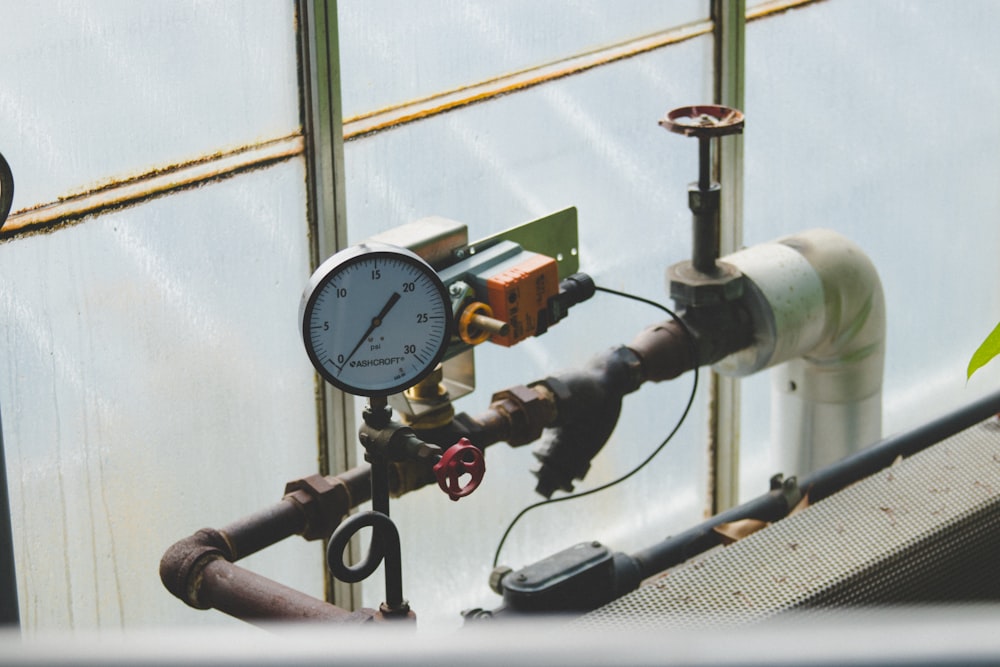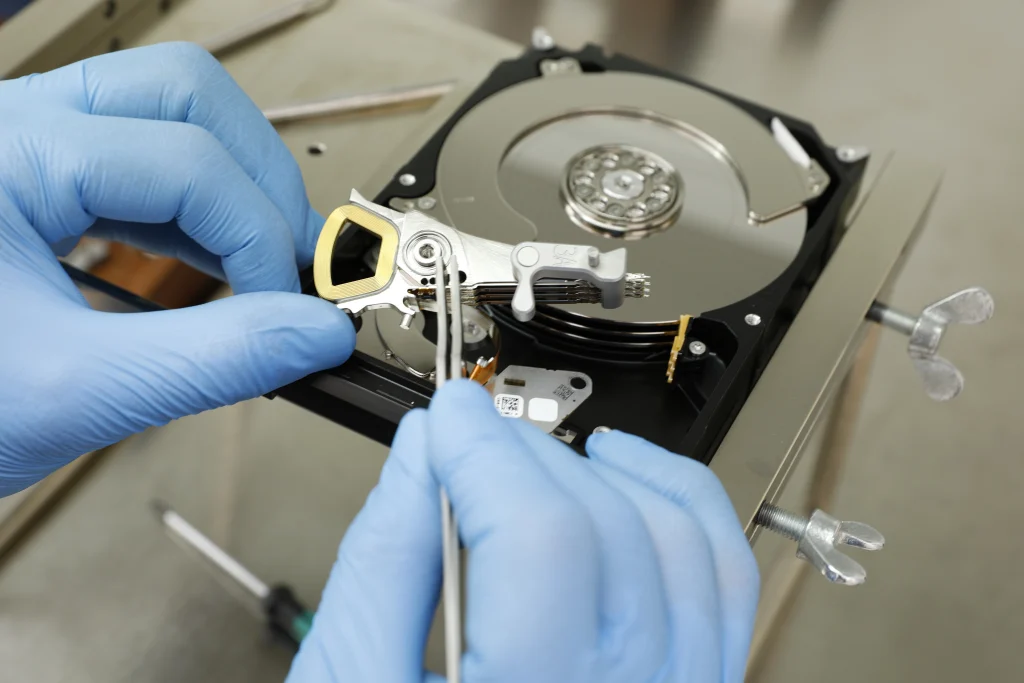Embrace the Future with New Green Technology Solutions
Introduction
As we stand on the cusp of a climate crisis, the need for sustainable solutions has never been more urgent. In this era of rapid technological advancement, new green technology solutions offer a glimmer of hope for a more sustainable future. From renewable energy sources to innovative waste management systems, these solutions hold the key to mitigating environmental degradation and preserving our planet for future generations.
Harnessing Renewable Energy
One of the most promising aspects of new green technology solutions is the harnessing of renewable energy sources. Solar, wind, and hydroelectric power are all abundant and infinitely renewable, offering a clean alternative to fossil fuels. By investing in renewable energy infrastructure, we can reduce our reliance on non-renewable resources and drastically cut greenhouse gas emissions.
Revolutionizing Transportation
Transportation is a significant contributor to carbon emissions, but new green technology solutions are revolutionizing the way we travel. Electric vehicles (EVs), powered by clean electricity, offer a sustainable alternative to traditional gasoline-powered cars. Additionally, advancements in public transportation, such as high-speed rail and electric buses, are further reducing emissions and congestion in urban areas.
Smart Grids and Energy Efficiency
Smart grids are another innovation that holds tremendous potential for reducing energy consumption and optimizing efficiency. By integrating sensors and advanced analytics, smart grids can dynamically adjust energy production and distribution to match demand, minimizing waste and maximizing renewable energy utilization. Additionally, energy-efficient appliances and buildings play a crucial role in reducing overall energy consumption and carbon emissions.
Waste Reduction and Recycling
The efficient management of waste is essential for preserving our environment, and new green technology solutions are leading the way in waste reduction and recycling. Advanced recycling technologies can extract valuable materials from waste streams, reducing the need for virgin resources and minimizing landfill waste. Additionally, innovations such as composting and biodegradable packaging offer sustainable alternatives to traditional disposal methods.
Sustainable Agriculture
The agricultural sector is a significant contributor to environmental degradation, but new green technology solutions are revolutionizing farming practices. From precision agriculture techniques that optimize resource utilization to vertical farming systems that minimize land use, these innovations are making agriculture more sustainable and resilient. Additionally, advancements in plant-based alternatives and lab-grown meat offer sustainable alternatives to traditional livestock farming.
Water Conservation and Management
Water scarcity is a pressing concern in many parts of the world, but new green technology solutions are helping to address this challenge. Innovations in water conservation, such as drip irrigation and rainwater harvesting systems, are enabling more efficient water use in agriculture and landscaping. Additionally, advanced water purification technologies are providing safe and reliable drinking water in areas with limited access to clean water sources.
Green Building and Infrastructure
The construction and operation of buildings account for a significant portion of global energy consumption and carbon emissions, but new green technology solutions are transforming the way we build and maintain infrastructure. From energy-efficient building materials to passive design strategies that optimize natural light and ventilation, green buildings are reducing energy consumption and carbon emissions







